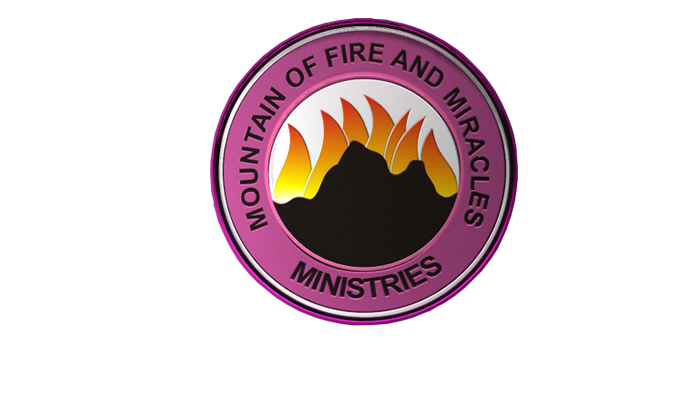In today’s digital age, a church’s website often serves as the first point of contact for members and seekers alike.
Out of curiosity, I recently explored the official website of the Mountain of Fire and Miracles Ministries (MFM), and what I discovered was more than just information—it was a revealing look into the heart and character of this global ministry.
From the moment the homepage loads, the site reflects clarity and purpose.
Essential details such as service times, contact information, and ministry resources are presented in a way that immediately connects visitors to the church’s core activities.
It feels less like a static webpage and more like an open door into MFM’s spiritual world.
One of the most striking features I encountered was the e-book section, which showcases works by Dr. Daniel Kolawole Olukoya, the founder and General Overseer.
These books are widely known within MFM as tools for spiritual empowerment, and their availability online makes the church’s resources accessible to a global audience.
The Power Must Change Hands (PMCH) section also stood out.
As someone who experienced the August 2025 edition at Prayer City in Lagos, I found it fascinating to see how the website extends this monthly programme into the digital space.
Prayer points, event updates, and streaming links create a bridge for those who cannot attend in person, making PMCH truly a global convocation.
The contact and location pages reinforced the church’s accessibility.
With direct phone numbers, email addresses, and a physical headquarters address in Yaba, Lagos, MFM makes it easy for people to reach out.
It struck me as a deliberate effort to ensure that anyone seeking help or guidance can find a way in.
Beyond logistics, the site also reflects MFM’s spiritual DNA.
Its mission and vision pages emphasize the ministry’s focus on deliverance, holiness, and prayer.
This consistency mirrors what I witnessed at the August PMCH programme, where every activity carried the same unshakable commitment to spiritual warfare and empowerment.
My visit also revealed the church’s commitment to global connection.
With integrated links to platforms like Facebook, Instagram, Twitter, and YouTube, MFM has built an online presence that matches its international reach.
It is clear that the website is not just for members in Nigeria, but for believers and seekers worldwide.
In my opinion, the MFM website functions as more than an information hub—it is a digital extension of the ministry’s calling.
Every section, from resources to programmes, reinforces the same message: prayer, deliverance, and holiness remain at the center of everything the church does.
My revealing visit to the MFM website left me with this impression: the ministry’s online presence is a faithful reflection of its physical one.
Whether at Prayer City in Ogun state or through a simple click online, MFM remains a place of focus, intensity, and unwavering commitment to its spiritual mission.

